International Day of Education: Learning for Lasting Peace
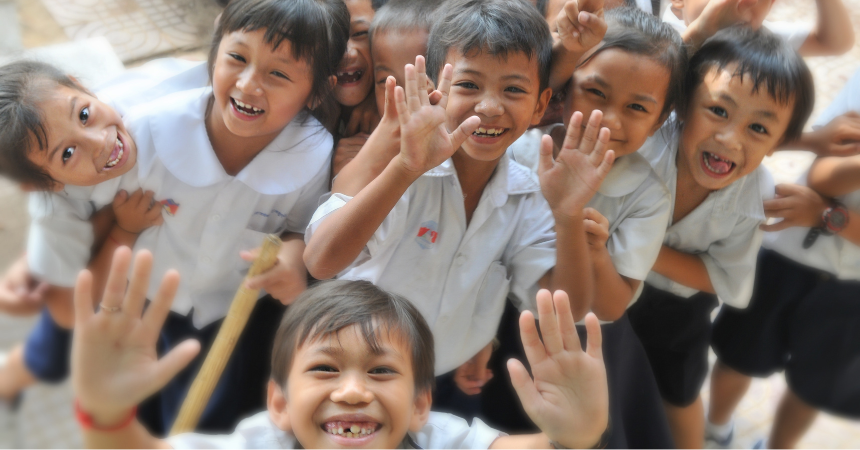

Each year on January 24, the world observes International Day of Education. International Day of Education recognizes the crucial role of education in promoting peace and development.
This year’s theme, “Learning for Lasting Peace,” is particularly significant as we witness an alarming rise in violent conflicts, harassment, and discrimination worldwide. The mission to advance peace and development through education has never been more important.
For more than 130 years, Childhood Education International has upheld education as essential to the peace and development of all people and societies. We pay particular attention to supporting quality education for the most vulnerable children, such as those experiencing conflict and displacement. Empowering education leaders to be change-makers in their communities is at the core of our approach.
Over the past year, CE International has launched and continued several groundbreaking projects. While each project has diverse goals, a common thread among them is the commitment to promoting peace, development, and wellbeing of children and societies through education.
For International Day of Education, we invited project fellows to share how education promotes peace and development in their community.
In the Exploring & Enacting Holistic Language Pedagogies Project, Ukrainian and U.S. secondary and post-secondary level teachers unite to form a Community of Practice. Here, they are learning together and sharing innovative and holistic teaching approaches while creating connections with each other.
Olha Ponomarenko, a Ukrainian educator participating in the Holistic Language Pedagogies Project, shared:
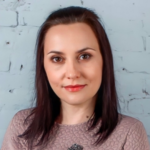
“Education is a potent tool which empowers peace and development. It promotes tolerance, understanding, and respect for diversity. Being educated about different cultures and perspectives can reduce prejudice and ignorance, two potential sources of conflict. Education also drives innovation and technological advancements that contribute to economic development and progress, which are essential for peace and stability.”
Svitlana Tarasova, another participant in the Ukrainian Holistic Language Project, added:

“Education plays a crucial role in fostering peace and development in the Ukrainian community by promoting understanding, tolerance, and critical thinking. It helps bridge cultural divides, encourages dialogue, and builds a shared sense of identity. Additionally, education equips individuals with skills and knowledge necessary for economic development. Educational opportunities contribute to social stability and empower citizens to actively participate in building a peaceful and prosperous society.”
CE International’s Pathways to Teaching Project seeks to increase the diversity of the U.S. teacher workforce by supporting adults with refugee/(im)migrant backgrounds in joining the teaching profession. Through facilitated online communities of practice, participants engage in nearly a year of professional learning, micro-credentialing, mentorship, career exploration, and the development of personalized career plans.
Harveen Kaur, a mentor/coach in the Pathways to Teaching Project, said:
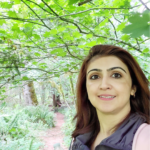
“Our educational framework’s core philosophy is rooted in the belief that these foundational principles are not just educational goals but vital instruments for societal cohesion and progress. By emphasizing empathy, education encourages individuals to understand and share the feelings of others, fostering a compassionate community. Tolerance, as another cornerstone, instills the acceptance of diverse ideas, beliefs, and backgrounds, creating an inclusive space where differences are acknowledged and celebrated.”
Sandy Schneider, another mentor/coach in the Pathways to Teaching Project, shared her experiences as a Fulbright Fellow in Jordan and the work she did writing a curriculum called “Education for All.” She shared her students’ plans to take action on peace and development:
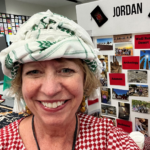
“My sixth-grade students are exploring the Sustainable Development Goal of ‘Quality and Equitable Education.’ They are planning to take informed action with an authentic outreach project.”
In the Quality Holistic Professional Learning in Lebanon (QHPLL) project, CE International’s Center for Professional Learning has been collaborating with educators in Lebanon to support teachers working across the national education system, as well as through supporting and complementary programs offered by INGOs and private schools. The aim of the project is to bolster inclusion, equity, and holistic learning for every child throughout Lebanon.
Israa Warrar, a QHPLL Project Fellow, said:
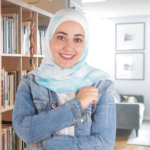
“Education plays a crucial role in fostering understanding and tolerance among students. By learning about diverse cultures, histories, and perspectives, students develop empathy and respect for others. In Lebanon, a country with a rich cultural and religious tapestry and serving as a host for Syrian and Palestinian refugees, education can help bridge divides and promote unity.”
Yanal Moussa, another QHPLL Project Fellow, added:
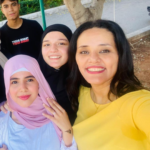
“Education promotes tolerance and reduces prejudice by exposing individuals to diverse perspectives. It also empowers citizens to engage in informed civic participation, leading to a more democratic and stable society. Furthermore, education enhances economic development by creating a skilled workforce, attracting investments, and fostering innovation. Overall, it plays a pivotal role in building a harmonious and progressive community.”
Abbass Maanna, a QHPLL project consultant, said:
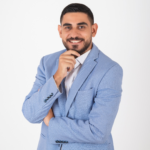
“In my community, the south of Lebanon, education has been indispensable, especially when it comes to holistic education. The diverse challenges (war zone, Covid-19, social and economic struggles) have pushed towards an education that supports the mental, psychological, and emotional states of the students due to the huge stress they live in. Educationalists have been pushing to create healing classrooms that put both educators’ and students’ wellbeing as a priority. The holistic education provided, especially that targets students’ social-emotional learning and supports their own psycho-social well-being, empowers students with the necessary knowledge, skills and attitudes in order to preserve their own well-being, and create healthy relationships with others.”
Several members of CE International’s staff also shared their views on the role of education in peace and development.
Katherine Tek, Global Area Practice Lead at CE International, said:
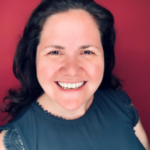
“Education gives us the space and time to learn how to listen to others’ perspectives, to formulate and share our thoughts, and to critically think about the consequences of our actions. In turn, this leads to our capacity to understand diverse communities, tolerate and accept others, and strive for conflict resolution… When working with students and educators, I’ve learned that each one of us wants peace and that we all want to learn the skills and competencies to move toward peace – an inclusive, accessible, and equitable education provides us with those opportunities. ”
Alisa Vereshchagin, Senior Associate with CE International’s Center for Professional Learning, said:
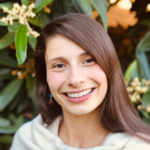
“As a former language teacher, I believe that language education is an especially powerful tool in promoting peace within communities. It fosters cross-cultural communication and understanding, and can help build patience and empathy, contributing to the resolution of conflicts and the establishment of a more interconnected and harmonious society.”
Kacy Kostiuk, Director of Communications at CE International added:
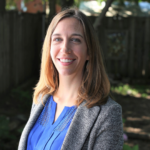
“Education enables us to think in new ways and about new things, and it opens our minds to new possibilities. This is the foundation of developing curiosity about others, respecting differences, and working together toward common goals of peace and wellbeing for all.”